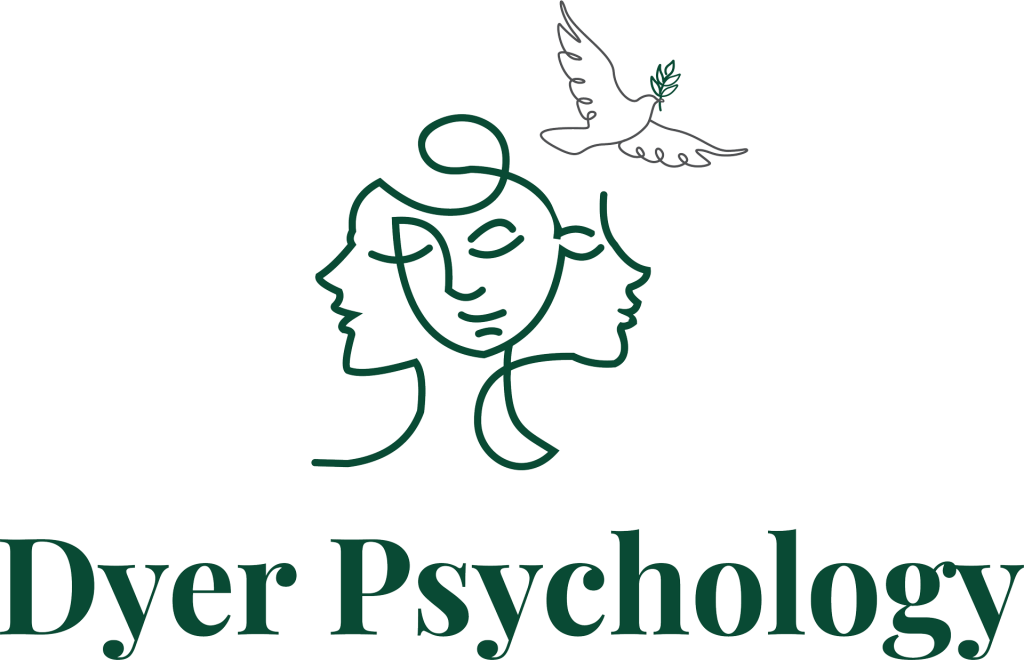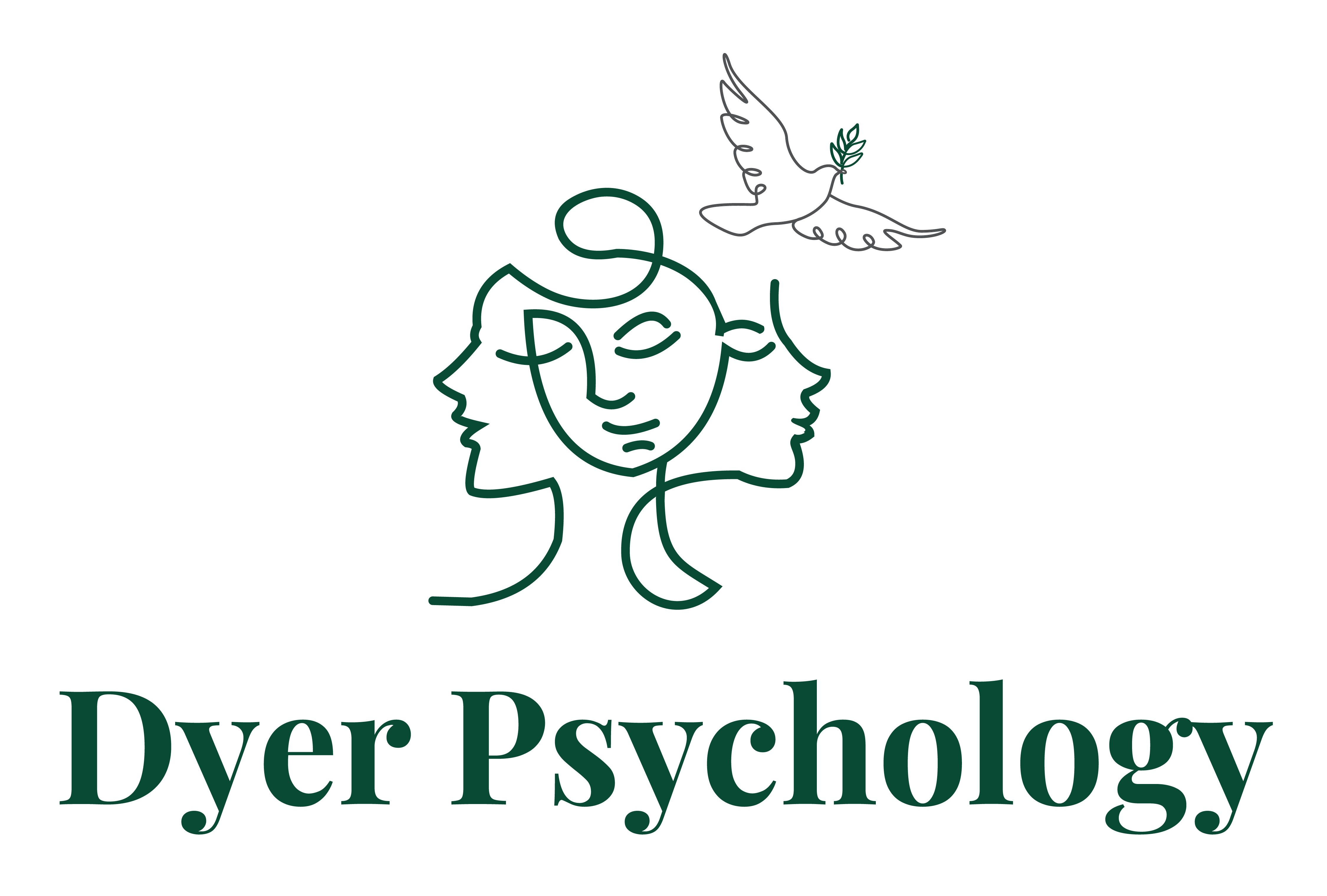A sleep disorder is a condition that affects the way you sleep. Sleep is a restorative process that allows for several important functions within the brain and body to occur that promote health. This basic human process is critical to physical and psychological wellbeing. Sleep affects:
- Thinking
- Memory
- Motivation
- Decision Making
- Attention
- Heart Rate
- Blood Pressure
- Brain Waves
- Electrical Activity
Common Symptoms
You can take steps to identify sleep problems. Common symptoms include:
- Difficulty falling asleep / staying asleep
- Frequent waking / early waking
- Feelings of exhaustion / restlessness / irritability / fatigue / confusion
- Muscle weakness
- Unusual breathing patterns
- Depression / anxiety
Behavior & Sleep
Sleep disorders occur frequently in the population. Some disorders are caused by underlying health conditions including chronic pain . Sleep problems range from moderate to severe in terms of the overall impact on health. Alternatively, sleeping patterns can also be impacted by poor choices such as:
- Failing to get enough sleep
- Choosing to stay up late
- Not following a sleeping schedule/ritual/pattern
- Eating late at night
- Watching TV in bed
- Burnout/stress/poor diet
Conditions
Health care professionals examine the medical history, sleep history, and conduct physical and psychological examinations to understand sleeping disorders. This is because sleeping disorders are based on a specific set of criteria and common symptoms. Some disorders are traced to underlying health conditions such as spine pain, joint pain and fibromyalgia. Sleeping disorders include:
- Insomnia – difficulty falling / staying asleep
- Parasomnia – abnormal movement / behavior
- Groaning
- Sleepwalking
- Nightmares
- Sleep talking
- Teeth grinding
- Bedwetting
- Sleep apnea – a disorder that affects breathing
- Restless leg syndrome – characterized by a displeasing sensations / urge to move legs
- Circadian rhythm disorders – problems with the sleep-wake cycle
- Narcolepsy – sudden feelings of exhaustion / sleep attacks
When to Seek Help:
While there are specific steps that can be taken to improve sleep quality and quantity. It is also important to know when it is time to seek help from a professional heath care provider. Seek help if:
- Difficulty sleeping or symptoms of insomnia last longer than four weeks or interfere with your ability to function
- If you are taking new medication and have noticed changes in your sleep
- If you have experiences of waking up at night and gasping for air
- If you notice painful sensations in your legs when trying to fall asleep or if you wake up frequently throughout the night because of pain
- Changes to your mood, energy and appetite
- Staying awake at night due to frequent bouts of indigestion
Safety First: Seek emergency care if you experience increased difficulty breathing at night!
Sleep Resources
- Sleep and Sleep Disorders (from the Center for Disease Control and Prevention): https://www.cdc.gov/sleep/about_sleep/index.html
- Sleep Education (from the American Academy of Sleep Medicine): http://www.sleepeducation.org/External
- National Healthy Sleep Awareness Project (from the American Academy of Sleep Medicine): http://www.sleepeducation.org/healthysleepExternal
- National Sleep Foundation: https://sleepfoundation.org/
- American Sleep Association: https://www.sleepassociation.org/External
- National Heart, Lung, and Blood Institute-National Institutes of Health: https://www.nhlbi.nih.gov/health-pro/resources/sleepExternal
- My Healthy Vet (From the Department of Veteran Affairs): https://www.myhealth.va.gov/


